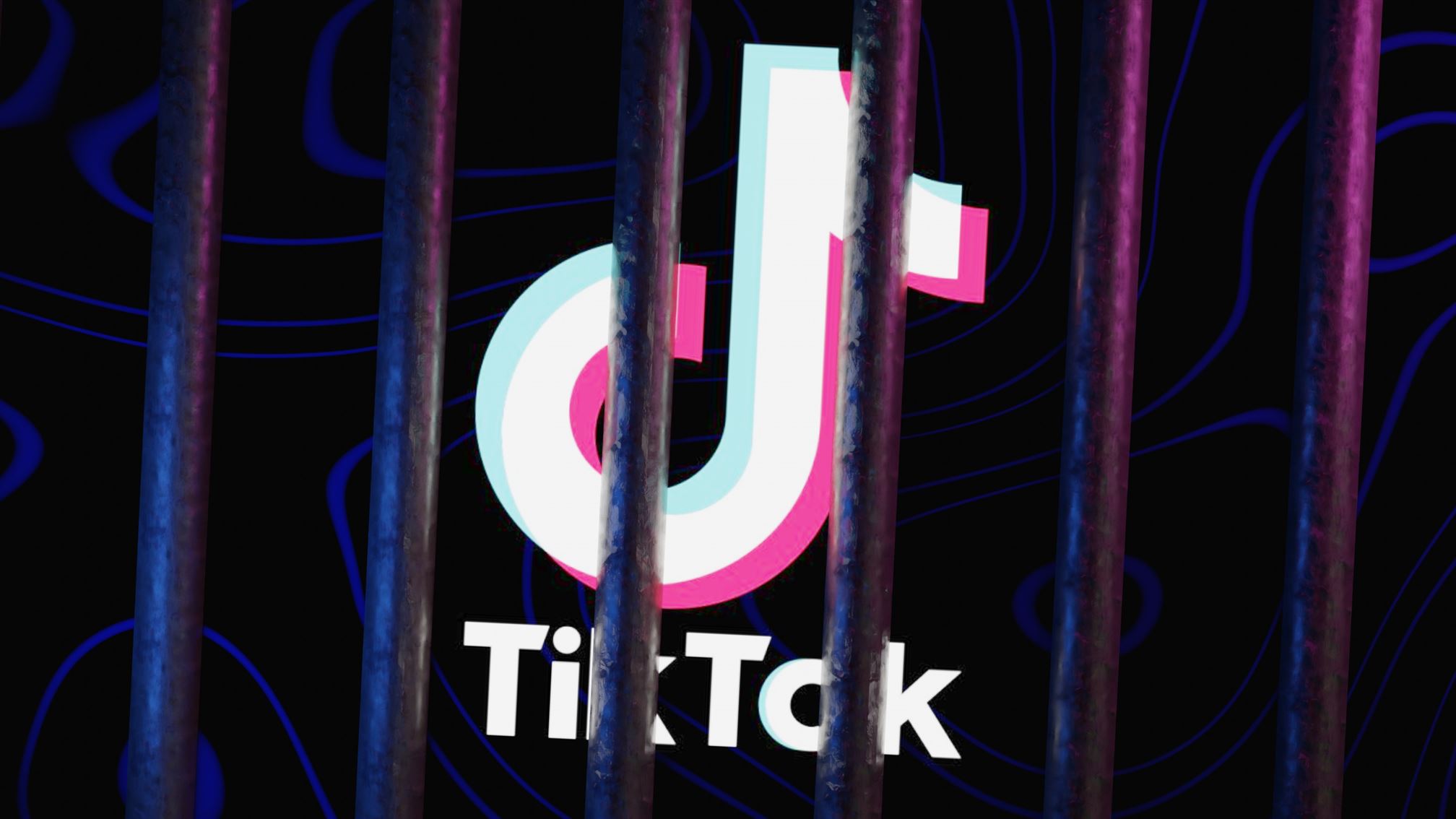Is there a correlation between the 15-second video you just posted on TikTok and the national security of the United States? That’s the question I posed in a high school 2019 article addressing the concerns that TikTok may be a growing threat to U.S. national security.
Finally, after three years of questions, drama and over-politicization, we may get answers to that question. But is it too late?
The concern was initially raised by Sen. Tom Cotton (R, Arkansas) and Sen. Chuck Schumer (D, New York) in a letter to the Committee on Foreign Investment in the U.S. (CFIUS). The senators’ letter followed a Washington Post article that expressed concerns that TikTok may be censoring content to promote a favorable view of the Chinese government.
Their concerns included possible censorship or manipulation of content and whether the Chinese government had access to the data users shared with the app.
The idea that China was using TikTok to spy on Americans at the time may have seemed ridiculous.
In late 2019, TikTok grew, but it still maintained a reputation as a reasonably obscure app for dancing videos. However, as TikTok exploded in popularity and diversified its content, it became apparent that the concerns may have some validity.
The alarms on TikTok were ringing well before anyone cared about the app, but we chose to ignore them. Then, late last year, another alarm bell rang. The fears were somewhat confirmed when a Beijing-based internal audit team at TikTok was caught using data from the app to spy on Forbes journalists.
Was this the story to make millions of users leave the app? No.
All that has happened with time is more concerning information getting released, including a new report from TikTok employees’ statements to Forbes, that “nearly anyone with basic access to company tools – including employees in China – can easily look up the closest contacts and other sensitive information about any user.” Wow.
TikTok has taken the world by storm, becoming one of the most important social media platforms.
However, throughout its rise, there have been accusations of Chinese espionage, propaganda and concerns over the privacy of the vast amount of data the app collects.
These concerns should have overshadowed TikTok’s growth, but the real discussions have primarily remained in Washington D.C, with only the politically charged rhetoric making its way out.
For many, the issue with TikTok was simple. Former President Donald Trump was upset at some kids who used TikTok to ruin a campaign event by requesting free tickets to the event to block people from attending, so he was going to ban the app.
However, the narrative was untrue from the beginning. There were no limits on tickets issued. Moreover, the Trump administration’s weariness of Chinese technology companies predated the event, with bans on other companies occurring over a year prior. Now, the app faces a similar ban from the Biden administration.
All this did was successfully politicize an issue that could have and should have remained relatively bipartisan, slowing down any real action and ultimately benefiting only one entity, TikTok.
But what separates the data collection of a Chinese-based company like Huawei or TikTok from a company like Facebook which also collects and uses essentially the same data?
Most of the arguments come from article seven of China’s 2017 National Intelligence Law, which requires companies and citizens to “support, assist and cooperate with the state intelligence work.” This has led to concerns that if the government were to ask for the data, a company would have to give it.
It is important to note here that what we have seen only highlighted privacy concerns and TikTok’s changing explanation of exactly what type of U.S. data is accessible from China and not that the company is actively sharing data with the Chinese government.
So, should TikTok be banned? Probably.
It may not seem like a serious question but it could be especially since it is for some, a source relied upon for news.
It would come down as a preventive measure, the same as not allowing a company to supply critical communications equipment.
But we may have taken too long to respond. If ByteDance is sharing data with the Chinese government or censoring data, that damage has already been done.
TikTok has also gained a significant following in the U.S., and many people rely upon it to advertise or make money, not to mention the list of many other apps that ByteDance owns which fill app stores.
The only clear thing is if we do see a ban, it would be an unprecedented move for the United States. Which, unlike China, has yet to ban a foreign social media app.



